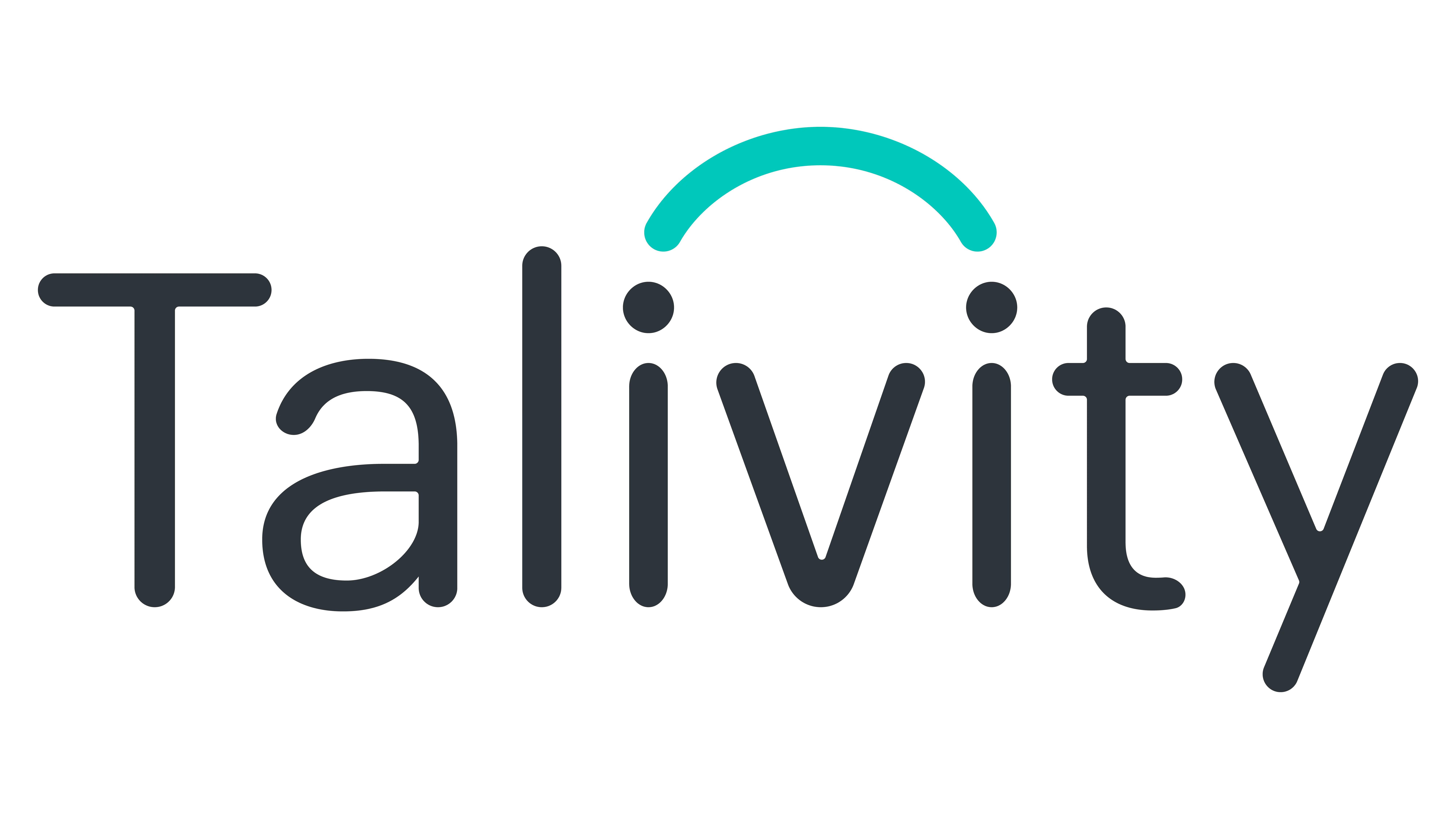Find the right solution for your business.
Explore SolutionsPre Covid-19 a company culture and identity went hand in hand with its company headquarters. Think Apple’s new innovative “spaceship” campus that has a laser focus on the effectiveness of each design element, to Zappos who transfers their importance of individuality into allowing each employee the opportunity to have their own imprint on their office space. So many companies have carefully designed their offices and office experiences to help craft and convey their employment brand.
Fast forward almost a year into this pandemic, and working remotely, which used to be a benefit for a small portion of the workforce, is looking like the wave of the future. Twitter’s CEO, Jack Dorsey recently announced that employees will no longer be required to come into an office. Hundreds of other companies have also announced remote workplace expansions. Even Glassdoor recently introduced a “Work Where You Want” policy. As many organizations enable and embrace work-from-home forward policies and reevaluate office spaces, the role of a company headquarters in defining and reinforcing a corporate culture is changing. What it’s like to work at a company no longer revolves around cool break rooms, free snacks, and innovative campuses.
Employee Satisfaction Trends
Here is the good news – according to Glassdoor Workplace Trends 2021, the top three most important factors in employee satisfaction have very little to do with office space and can be cultivated in remote work environments! They are as follows:
- Having a compelling company mission that connects what you do as a business with some broader social good;
- Promoting transparent and empathetic senior leaders;
- Creating clear upward paths and career opportunities for employees.
With only a bit of light at the end of this pandemic tunnel, a strong company culture will be essential as teams continue to work from home and remain engaged in the coming year. Companies who are not monitoring their employee engagement and sentiment, through sites like Glassdoor, are going to be at a real disadvantage moving forward.
Employee Feedback and Employer Brand
A great employee experience transforms each employee into productive, powerful brand ambassadors. This doesn’t just happen automatically — listening to your employees requires a thoughtful approach. Now more than ever it’s important to take what your employees are saying and use that feedback to create your employer brand strategy. Glassdoor recently launched Review Intelligence™ to help companies do just that.
Review Intelligence™ takes the guesswork out of what your employees are saying about you, by showcasing employee insights and finding valuable patterns in feedback so you can better inform your employer brand strategy. This is a powerful sentiment analysis tool that digs beneath company reviews and ratings so Talent Acquisition can discover what’s working within the organization, what’s not, and where, without having to read hundreds of reviews. According to Nathan Phaneuf, Team Lead Solutions Consultant at Glassdoor, “The ability to decipher the ‘why’ behind Glassdoor ratings is a game-changer. With Review Intelligence™, Glassdoor can now give employers the complete picture of their employee satisfaction, as well as what they can do to improve and ensure that their employees are a happy and healthy extension of their organization.”
Companies may no longer have game rooms and free lunch to complement their culture and employer brand strategy, but utilizing employee sentiment tools now gives them the knowledge and data to truly impact their organization in this remote world.
Additional suggested articles:
How to Make the Most of Your Glassdoor Strategy
Glassdoor Strategy: Three Ways To Engage Your Employees
Four Reviewers You’ll See on Glassdoor (And How to Respond)
How do you use Glassdoor? Share your experience and questions in the comments below.

